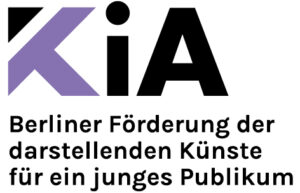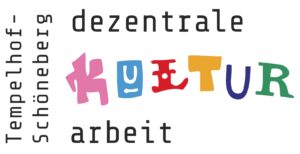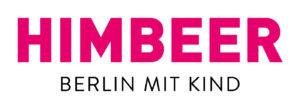CHOCOLATE FROM THE SKY
The family theatre event celebrating 100 years of Tempelhofer Feld & 75 years of the Berlin Airlift
Free admission!
Berlin, 1949. It’s Gerda’s brother’s birthday. But in times of the “blockade”, making a birthday cake is a big challenge. There are no eggs to be found. The chickens in the bombed-out houses of the neighbours haven’t laid any in a long time. What to do?The theatre visitors accompany Gerda on her way through post-war Berlin at the time of the airlift. A black market vendor finally offers her two eggs in exchange for chocolate. But where is she supposed to get the candy from? Then the girl hears that chocolate bars are supposedly falling from the sky at Tempelhofer Feld. Can this be real? In a dream, she meets an American pilot who busily builds little parachutes and equips them with bars of chocolate. They become friends.But was it all just a dream? Sometimes dreams come true…
Station theatre. The audience walks from place to place. Approx. 50 people per performance.
Admission is free!
We would like to thank the Stiftung Luftbrückendank and Checkpoint Charlie Stiftung for their financial support.
Support.
The project is also funded by the KiA funding programme and supported by the district office and the decentralised cultural work




Background
In 1949, the American pilot Gail Halvorsen got to chat with Berlin children by chance at the edge of the airport and gave them some sweets. Since there wasn’t enough for everyone, he decided to drop sweets from his plane every time he landed. In doing so, he not only brought joy to the children, but also shaped the image of the American occupiers.
Gail Halvorsen was very connected to the city of Berlin. He died this year at the age of 101.
The conflict between Ukraine and Russia has brought the subject of war back into childrens living experience. Refugees, destruction, and energy shortages are no longer abstract concepts. Children are exposed to war both through the media and through their contact with Ukrainian refugee children in schools and day-care centres. We tell a Berlin story from a time when, on the one hand, the traces of the Second World War were still clearly visible in the city, but on the other hand, people were also setting out again to find their way in life through inventiveness and social change.


